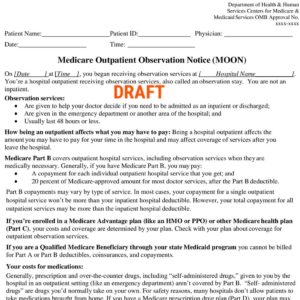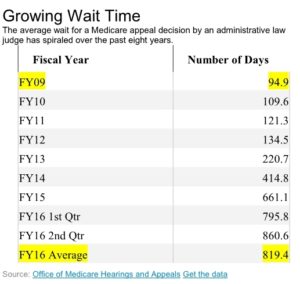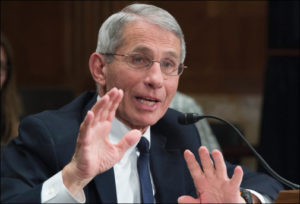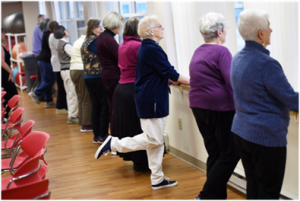 Volume 387, Number 10037
Volume 387, Number 10037
18 June 2016
WORLD REPORT Advocates for medical research are eager to hear how the presidential candidates would advance the search for new treatments. Susan Jaffe, The Lancet’s Washington correspondent, reports.
As the most tumultuous presidential primary season in recent times comes to an end, biomedical researchers, physicians, and advocacy groups want the candidates campaigning for the White House to address some of the substantive matters they worry about: National Institutes of Health (NIH) funding, advancing Alzheimer’s disease research, speeding up drug development, and a host of research related issues.
… In New Hampshire last year, the campaigns provided a preview of the kind of discussion between candidates and voters that research and patients’ advocacy groups would like. It revealed a stark difference between Clinton and Trump on funding for Alzheimer’s research and support for those caring for the 5·4 million Americans stricken with the disease. [Continued here]

 was a response to complaints from Medicare patients who were surprised to learn that although they had spent a few days in the hospital, they were there for observation and were not admitted. Observation patients are considered too sick to go home yet not sick enough to be admitted. They may pay higher charges than admitted patients and do not qualify for Medicare’s nursing home coverage.
was a response to complaints from Medicare patients who were surprised to learn that although they had spent a few days in the hospital, they were there for observation and were not admitted. Observation patients are considered too sick to go home yet not sick enough to be admitted. They may pay higher charges than admitted patients and do not qualify for Medicare’s nursing home coverage. challenging denied claims continues to spiral, increasing the backlog of cases and delaying many decisions well beyond the timeframes set by law, according to a government study released Thursday.
challenging denied claims continues to spiral, increasing the backlog of cases and delaying many decisions well beyond the timeframes set by law, according to a government study released Thursday.
 Looking for ways to save money and improve care, Medicare officials are returning to an old-fashioned idea: house calls.
Looking for ways to save money and improve care, Medicare officials are returning to an old-fashioned idea: house calls.



 fractured hips and head injuries to irreversible calamities that can lead to death.
fractured hips and head injuries to irreversible calamities that can lead to death.